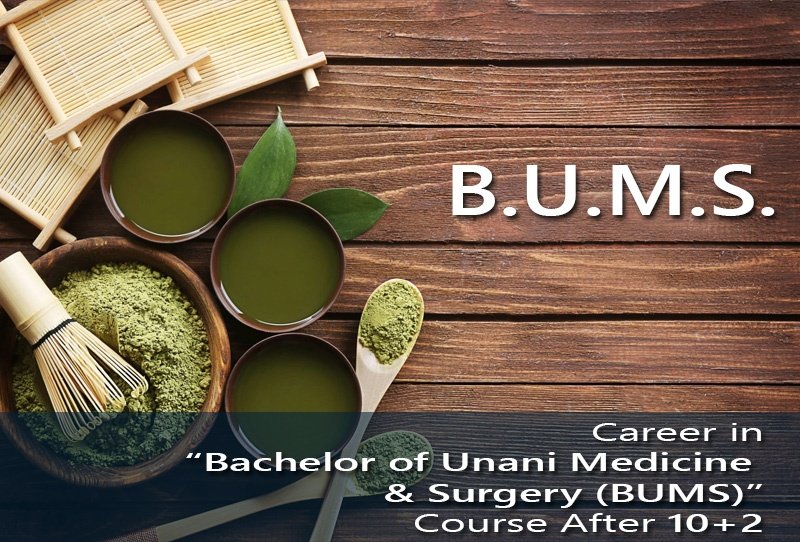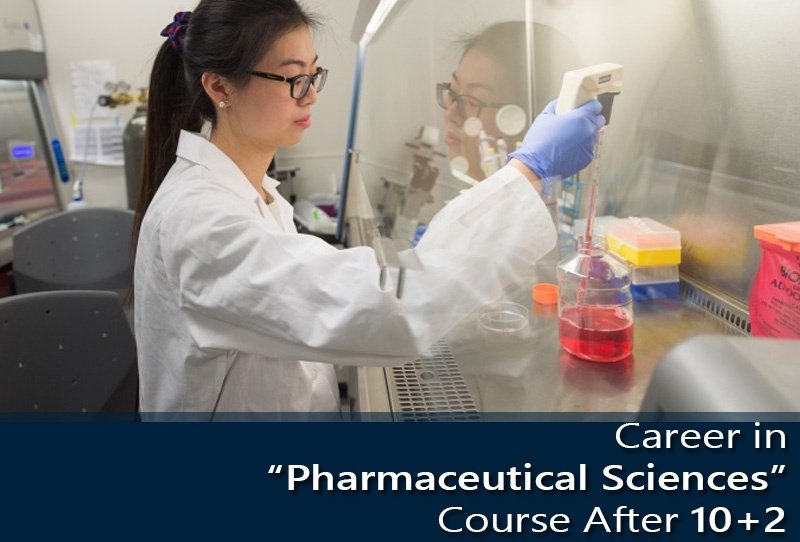Ayurveda is the oldest system of medicine in the world. It was practiced in India centuries back and is still in use. The Sushruta Samhita and the Charaka Samhita are the oldest text books in Ayurveda which emphasis use of natural herbs to cure diseases. According to Ayurveda, diseases occur when a patient is out of harmony with three elements called doshas: Vata (air & space — “wind”), pitta (fire & water — “bile”) and kapha (water & earth — “phlegm”). The ayurvedic treatment which is holistic, eliminates impurities, reduces symptoms, increases the resistance to diseases, and increases harmony in the patient’s life.
A sizeable number of Indians use Ayurveda only and are satisfied with results. Ayurvedic practitioners claim that diseases like arthritic, diabetes, asthma, obesity, hypertension, spondylitis, piles, skin problems, etc., can be cured using ayurvedic medicines better than the allopathic. Medical fraternity abroad also claims the benefits of ayurvedic medicines.
The curriculum in Ayurveda comprises modem anatomy, physiology, pharmacology, toxicology, forensic medicine, ENT, Ophthalmology, principles of medicine, preventive and social medicine, principles of surgery, etc. Study of ayurvedic medicines is so popular that more than one hundred colleges in India offer courses in the same. With the rise in Yoga practitioners, more patients look for ayurvedic treatment in India.
The ayurvedic treatment comprises oil massages, steam therapy, exercises, meditation, yoga, and a change of diet. At times, for those diseases and ailments which have little or no cure in allopathic system, ayurvedic treatment is the alternate. In contrast to allopathic treatment, Ayurveda has no side effects.
Eligibility
10+2 with Science (physics, chemistry and biology) and English or any other equivalent qualification recognised with 50% or more marks in the aggregate of three subjects. Selection is through all- India and state-level entrance examinations. In case of private colleges, the selection is through internal examinations.
Undergraduate Courses:
Bachelor of Ayurvedic Medicine and Surgery (BAMS)
Duration:
51/2 years including internship
Professional Institutions:
- Ayurveda and Unani Tibbia College, University of Delhi, Delhi. Web: https://www.nhp.gov.in/hospital/ayurvedic-and-unani-tibbia-college-and-hospital-central-delhi
- Chaudhary Braham Prakash Ayurvedic Charak Sansthan, Delhi. Web: http://cbpacs.com/
- Rashtriya Ayurveda Vidyapeeth, Delhi. Web: http://www.ravdelhi.nic.in/
Job profile:
- Ayurveda doctor,
- lecturer,
- scientist,
- therapist,
- hospital and healthcare administration,
- clinical research,
- health supervisor,
- companies like Dabar,
- Vaidyanath, etc.
Placements:
- Government/ private hospitals
- Dispensaries
- Private practice
- Colleges
- Research institutes
- Ayurveda health centres
- Spas and resorts
- Pharmaceutical companies




















